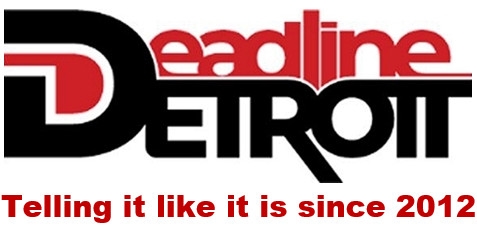
This essay originally was posted at Medium.
This likely is my last shot at journalistic self-indulgence, so thanks for clicking.
Fact is, a newsman can't slink off-stage silently. Writers write. So here's a quick glide through a half-century of shaping words into paragraphs now that my closing act fades into an archive in the cloud.
Career steps began as a teen part-timer at a community weekly, looped through five other papers (counting a campus daily) and ended with 10 years at this spunky startup as a part-time writer/editor.
This arc from The Riverdale Press in the Bronx, N.Y., to an online publication is balanced by continuity amid sweeping change, by bedrock values applied in ways that didn't exist back when. It's also rooted in a distant era of print deadlines, family-owned papers and journalists whose standing came from employers rather than personal brands.
Pardon the shop talk, outsiders: I've been at this so long I remember typewriters, letterpress printing, AP and UPI teletypes, hand-counting headline widths, overset galleys, paste pots, pica poles, photo-sizing proportion wheels, grease pencils, newsroom switchboards and pneumatic tubes for sending copy to Linotype operators.
Alongside sweeping tech efficiencies that shaved costs and time while boosting quality, each stop on the career carousel was grounded in principles that defined Newspapering B.C. (Before Computers) and will define Journalism A.D. (After Digital, whatever that may be). These foundations are accuracy, fairness, balance, clarity, context and primary sourcing. Stylish writing is a value-added bonus.
Even the point-of-view journalism in Deadline's mix of original work and linked aggregation was rooted in those basics, upheld by editor and co-founder Allan Lengel, just as the essential edicts had been enforced by his handlers at The Detroit News and The Washington Post. We slung snark and used raw language, but we also quoted targets or invited their response. We linked to original sources. We corrected errors.

Since the site announced it goes dark after Labor Day, my Facebook page has brought a virtual wake, a version of hearing your own eulogies. "You folks kicked up a lot of dust," posts Jim Schaefer, executive editor of the Detroit Free Press. "Bravo." From Washington, D.C., Don Gonyea of NPR shares thanks for "a daily lifeline to a city I love."
Makes a longtime newsie proud.
It also stirs appreciation for a profession that pays participants to snoop, learn, explain, strut and hold power accountable. A legit way to punch up publicly, to provide a voice for underdogs, to afflict the comfortable and comfort the afflicted, as Finley Peter Dunne of the Chicago Evening Post wrote in 1902. Nearly a century and a quarter later, journalist-author James Fallows posted last week: "People stay in this line of work because they love what is exhilarating and glorious about it — the ability to learn, the license to share and tell."
Thanks for the long and winding thrill, news biz.


 by
by








